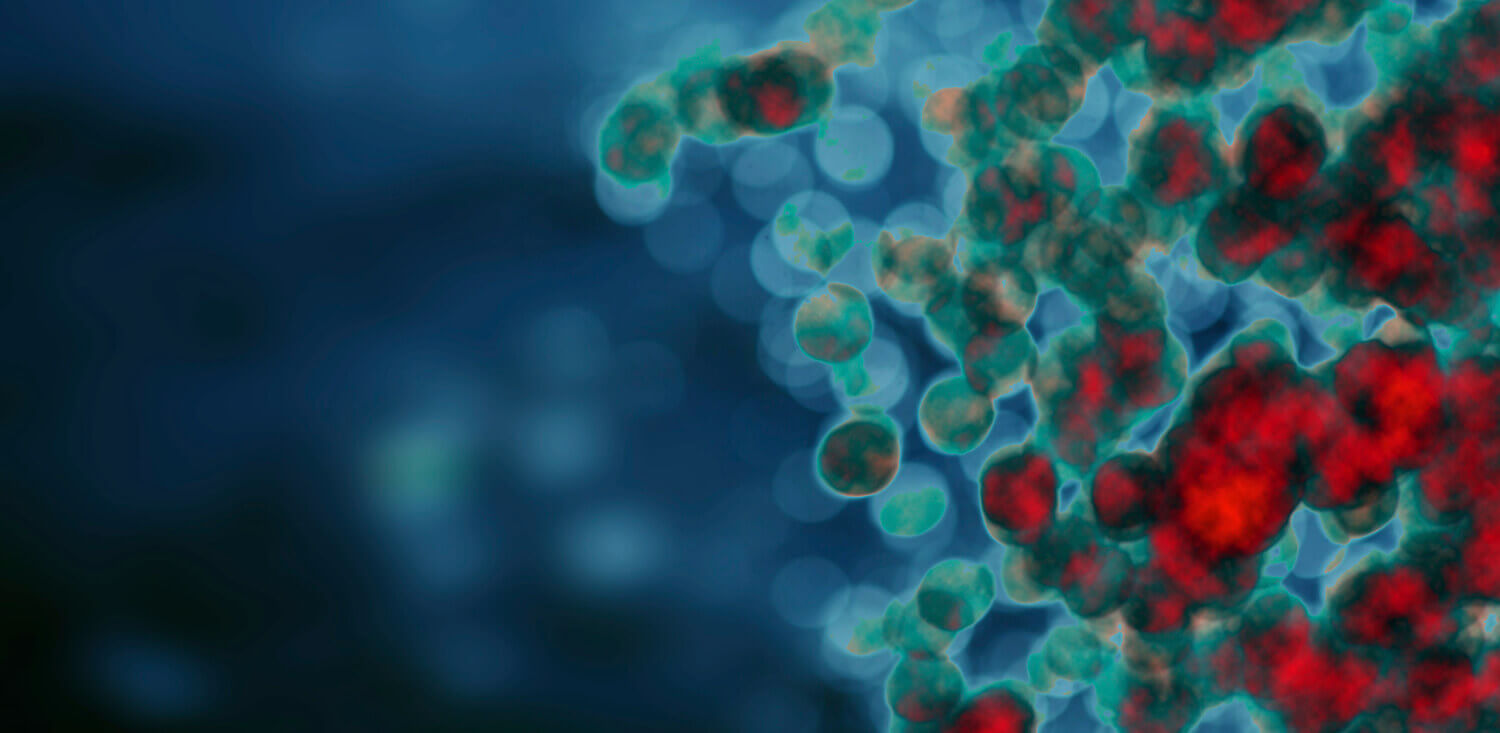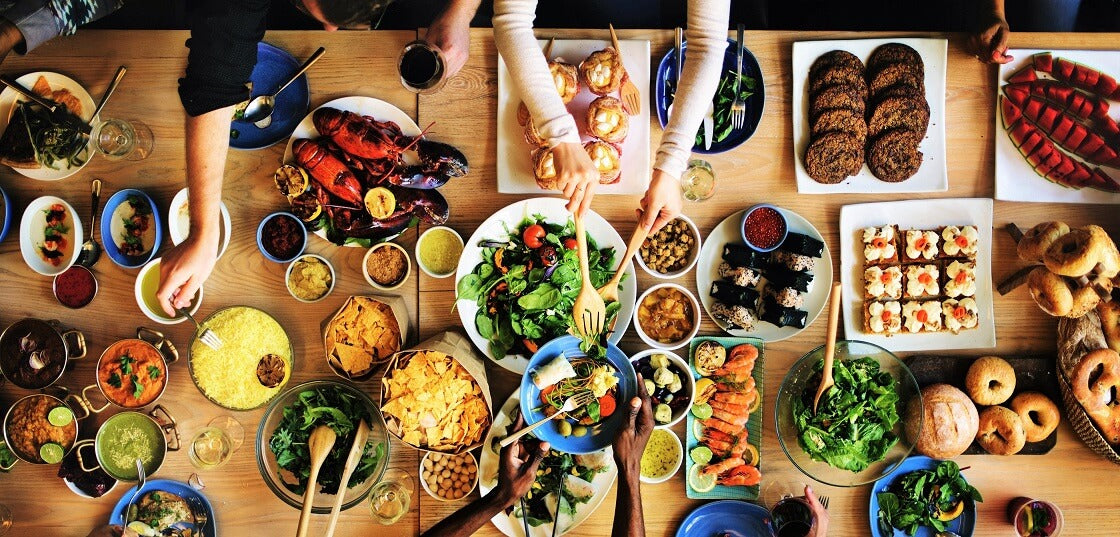New meal delivery to assist Pancreatic Cancer recovery - evidenced based nutrition
If you’re reading this, chances are someone that cares for you took the time to send this to you, or perhaps because you understand that food can either have an extremely negative or positive effect on the body.

We are constantly asked about the importance of nutrition, the best foods to eat and avoid, the best cancer diet plans and how nutrition helps manage side effects. We don't recommend using food to be your sole source of treatment. However, it is an integral and irreplaceable path to your recovery.
Cancer is a process in the body that occurs because everyone has cells in their bodies that can develop into cancer cells. In a properly functioning body, our immune system has the ability to recognise and eliminate these mutated cells. This natural function of the body can be disrupted when the body’s immune system is weakened due to nutrient deficiencies and toxin overload.


40-90% of cancers occur as a direct result of dietary and lifestyle choices. The foods we are eating today are processed man-made foods. We are disrupting our body’s natural process with artificial chemicals, preservative, flavours, colours, texture enhancers and artificial fats. If the foods you are consuming are cancer-causing, is it still a good idea to continue consuming the same items when you are already in a weakened state?

Instead, how would you like to be in the driver seat and take control of your health through nutrition? Or to give your body the powerful building blocks it needs to feel your best and minimize side effects during treatment?

Many solutions out there try to treat the symptoms rather than the causes. If you had a broken nose from boxing, would you take a bunch of painkillers to try temporarily numb the pain (symptom) and jump in a boxing ring again (the cause) before you have healed? Or would you at the minimum avoid the chance of being punched in the face again until you have recovered?

So, why isn’t there more emphasis on nutrition? Although good nutrition for cancer patients is widely supported through hundreds of peer-reviewed scientific journals. Medical students are receiving less than 20 hours of nutritional education over 4 years. Furthermore, did you know that it takes on average 17 years for proven researched evidence to reach clinical practice? Wouldn’t you want the evidence to make informed decisions regarding your care today and not decades later? (e.g. taken decades and millions of deaths from smoking for it to be recognised)
We understand that there is not only a lack of new information readily available on nutrition but also tonnes of conflicting information with little or no evidence to back up their claims. This is why our collaboration of experienced researchers, dietitians that specialise in chronic diseases and food safety specialists have spent countless hours gathering the best and most updated evidence-based information on nutrition and cancer. To not only present you with the facts but also simplifying your recovery.


Can you afford to wait decades to start putting the science into practice? As each day goes by, the side effects of treatment become increasingly difficult to manage as your body weakens. Up to 85% of cancer patients experience some form of malnourishment, and this accounts for 20-40% of cancer deaths. Please heed this warning and don’t let it become an uphill battle by seeking as much help as you can now.

Let’s fight Cancer together from all angles. Discover how our experienced team can make your journey safer, easier and better for both you and your family.
Sources:
http://www.cancerresearchuk.org/about-cancer/what-is-cancer/how-cancer-starts
https://www.cancer.org/cancer/cancer-basics/what-is-cancer.html
https://www.ncbi.nlm.nih.gov/pubmed/24717343
http://www.nejm.org/toc/nejm/273/23
https://www.cancer.gov/about-cancer/understanding/statistics
https://www.ncbi.nlm.nih.gov/pubmed/16094059
https://www.wcrf.org/int/research-we-fund/what-we-re-funding/adherence-wcrfaicr-cancer-prevention-recommendations-and
https://www.ncbi.nlm.nih.gov/pubmed/23822693









